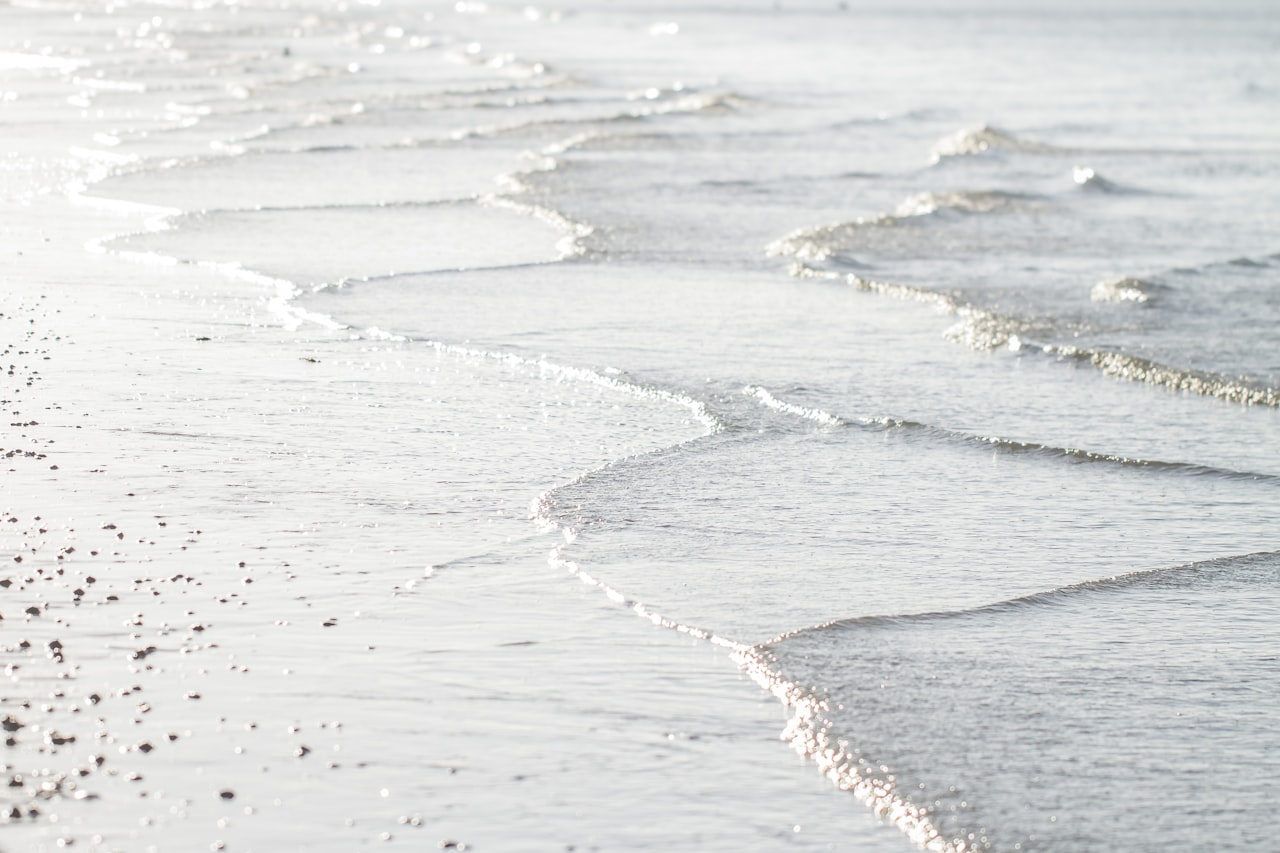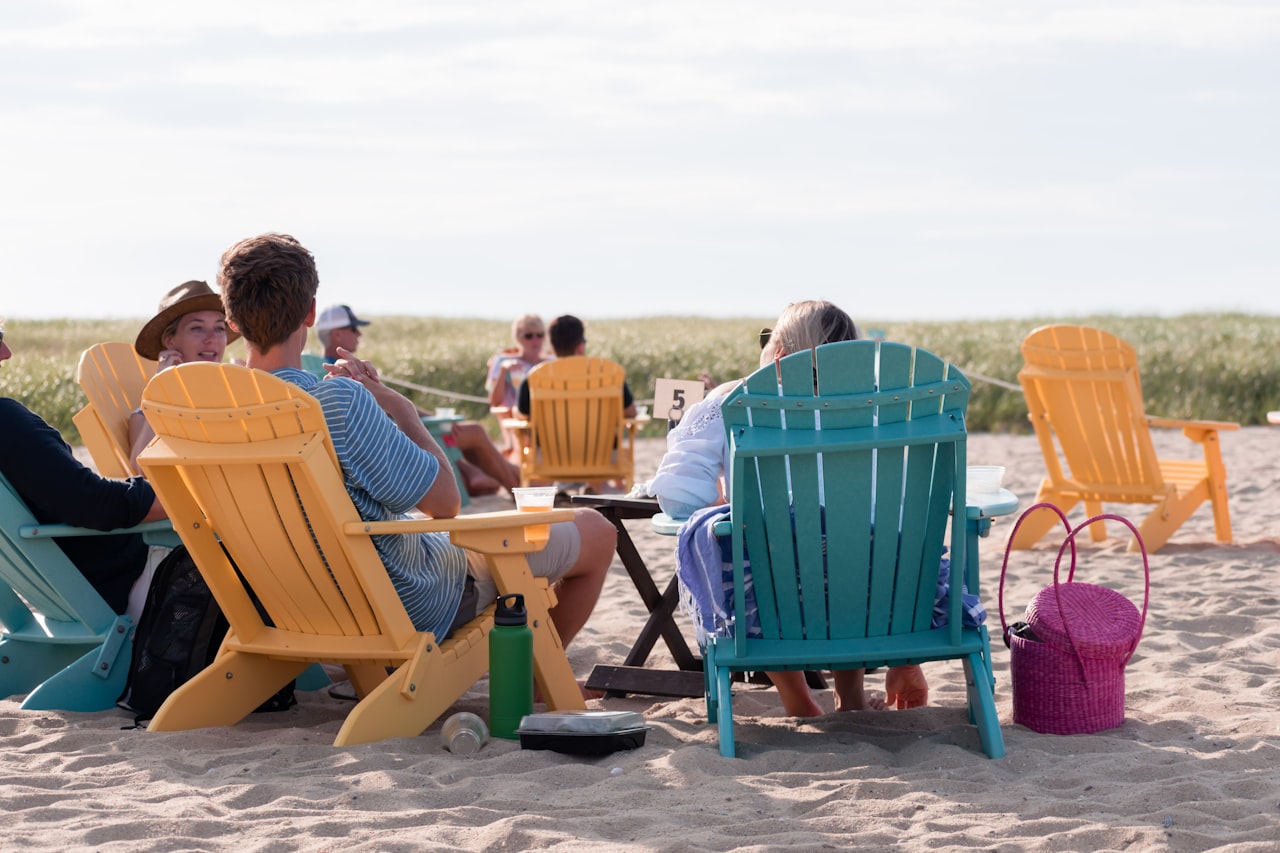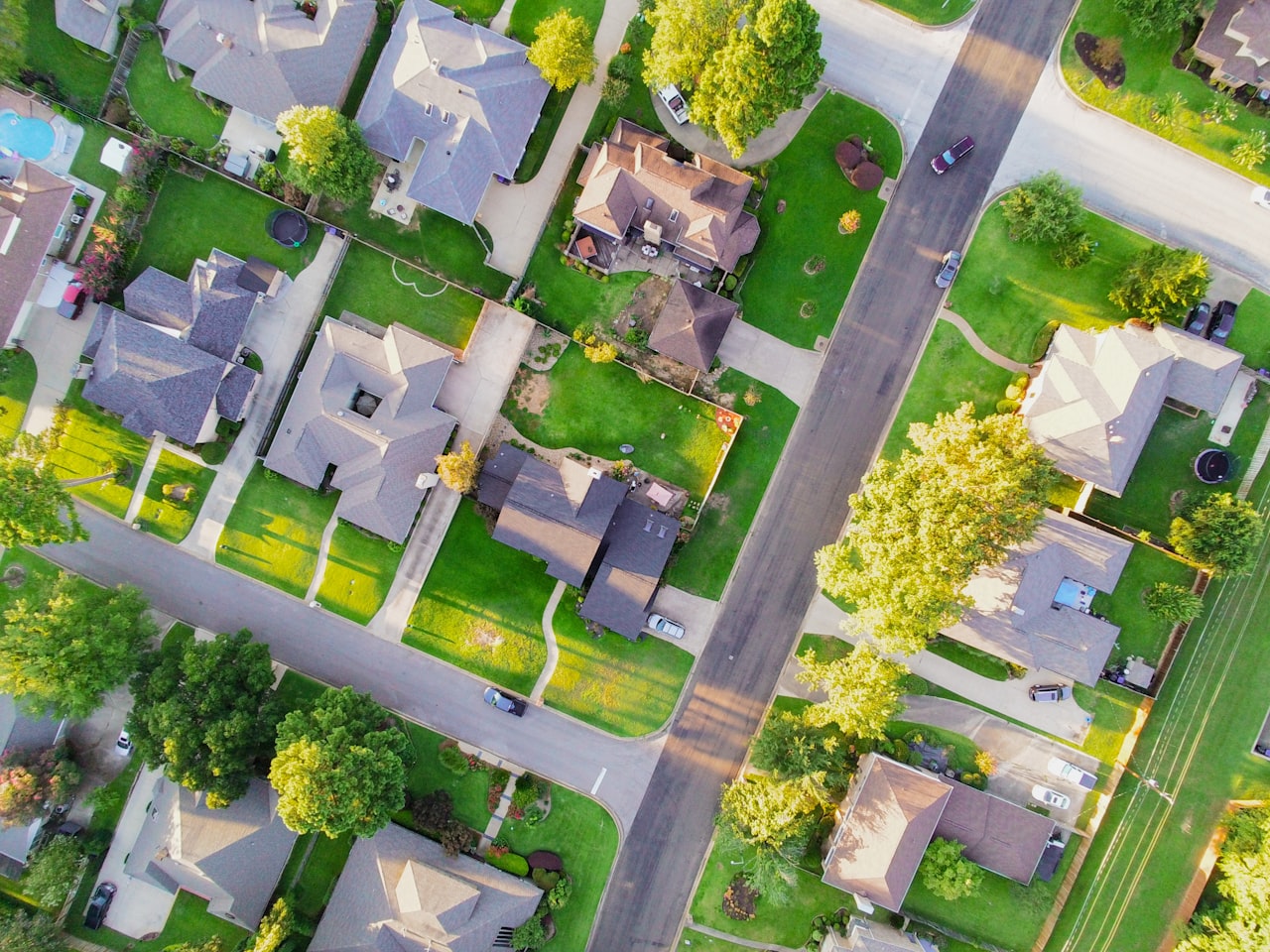As Cape Cod continues to evolve and adapt to the challenges of the 21st century, sustainable and eco-friendly homes are becoming increasingly prevalent on the peninsula. From energy-efficient designs to eco-conscious building materials, the future of housing on Cape Cod is shaping up to be greener and more sustainable than ever before. In this blog post, we'll explore some of the top trends in sustainable and eco-friendly homes on Cape Cod.
1. Energy-Efficient Design
Energy efficiency is a top priority for homeowners and builders alike on Cape Cod. With rising energy costs and growing concerns about climate change, homes designed to minimize energy consumption are in high demand. Passive solar design, high-performance insulation, and energy-efficient appliances are just a few features commonly found in energy-efficient homes on the Cape.
2. Solar Power
Solar power is gaining traction as a clean and renewable energy source for homes on Cape Cod. With abundant sunshine and generous incentives for solar installations, many homeowners are choosing to harness the power of the sun to meet their energy needs. Solar panels can be seamlessly integrated into the design of a home, providing electricity and reducing reliance on the grid.
3. Sustainable Building Materials
Builders are increasingly turning to sustainable and eco-friendly building materials to construct homes on Cape Cod. From reclaimed wood and recycled glass to bamboo flooring and low-VOC paints, there are plenty of options available for environmentally conscious homeowners. These materials not only reduce the environmental impact of construction but also contribute to healthier indoor air quality.
4. Green Roofing
Green roofing is gaining popularity as a sustainable alternative to traditional roofing materials on Cape Cod. Green roofs consist of living vegetation, such as grasses, succulents, and wildflowers, planted on top of a waterproof membrane. Not only do green roofs provide insulation and reduce stormwater runoff, but they also create habitat for birds and insects, improve air quality, and enhance the aesthetic appeal of a home.
5. Water Conservation
Water conservation is another important consideration for homeowners on Cape Cod, where freshwater resources are limited. Low-flow fixtures, rainwater harvesting systems, and drought-tolerant landscaping are just a few strategies homeowners can use to reduce water consumption and protect the region's precious water resources.
Conclusion
As Cape Cod looks toward the future, sustainable and eco-friendly homes will play an increasingly important role in shaping the peninsula's built environment. From energy-efficient design to solar power, sustainable building materials, green roofing, and water conservation, there are countless ways homeowners can reduce their environmental footprint and create healthier, more resilient homes. By embracing these trends in sustainable living, Cape Cod residents can enjoy a brighter and greener future for generations to come.

































































































